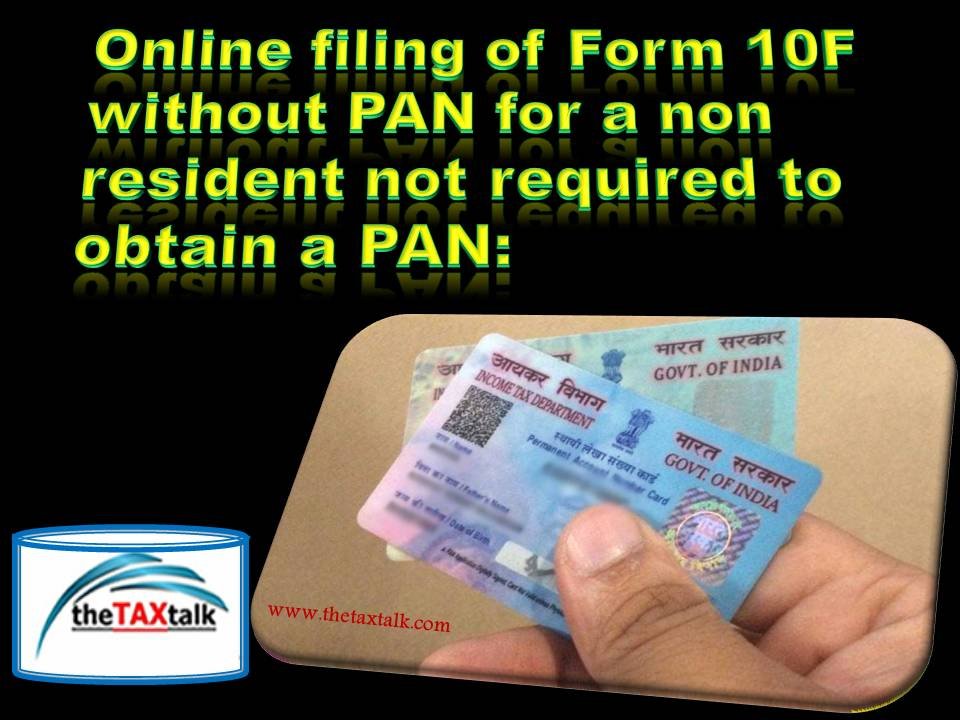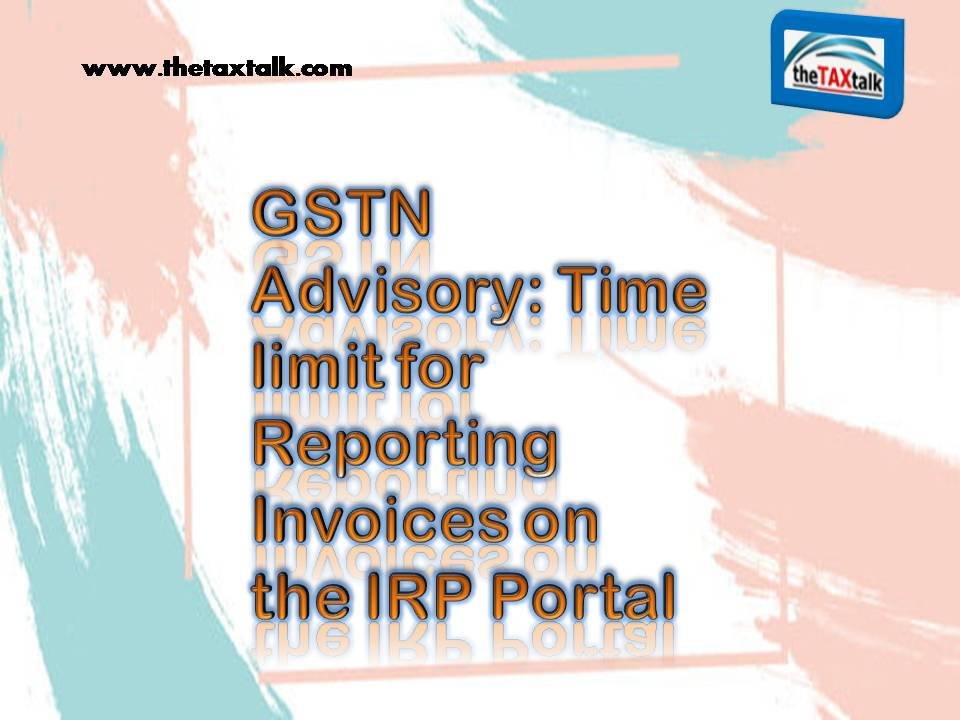Tax season is near, and now is the perfect time to tackle things and make the current year better than the last.
One of the more popular goals many people make (and break) is saving more money.
Saving for retirement is usually one of the biggest savings goals people have.
How much you save and invest in this year and beyond has a big bearing on how you’ll retire years down the road.
The good news is that there are some wonderful retirement plans that have fabulous tax benefits.
Unfortunately, the vast majority of us don’t have unlimited funds to max out these accounts, meaning that people are looking for ways to maximize their contributions now so they can retire comfortably later.
Which is Better – 401(ks) or IRAs?
Two popular vehicles people contribute to for retirement are 401(k) and IRAs. Employers may offer a 401(k) that allows employees to contribute their pre-taxed dollars for retirement.
That’s a double benefit because you not only invest money for your future, but you’re also lowering your taxable income.
On top of that, some (but not all) employers offer matches for what you contribute through the year (I’ll explain more below).
These benefits make 401(k)s powerful investing tools.
IRAs are accounts that you directly contribute towards and they are basically classified based on how your money will be taxed – traditional IRAs are taxed when you withdraw from it (during retirement), and Roth IRAs are taxed when you put money in (but it’s tax-free withdrawals when you retire).
Answering a few questions can be incredibly invaluable for boosting your retirement savings.
Does your company match your contributions?
If your employer has a match for your 401(k), setting up your contributions to get the maximum is a smart move and will help fund your retirement.
Usually, the match is based on a percentage of your gross income up to a certain limit.
For instance, your employer may stipulate that they will match your contributions dollar for dollar up 5% of your gross pay.
Think of it as building up your retirement portfolio without having to do all the heavy lifting.
It’s practically free money, and all you have to do is invest in yourself.
Are you fully vested in your 401(k)?
Basically, being fully vested means that you are entitled to claim all of your employer’s share of the matching contributions.
To encourage employees to not job hop, employers can require that employees stay for a certain amount of years before they are entitled to that money.
If you enjoy where you work and/or you’re immediately vested, you may want to go ahead and go for the maximum to get your match.
However, if you plan on leaving your current employer soon, you may want to reflect on whether or not you want to put your contributions into the 401(k) as it may be better served in an IRA.
What are your investment options with 401(k)?
One disadvantage with 401(k)s is that the employer decides what’s included.
Typically, IRAs give you more control over your contributions and how it’s invested.
They offer much more options, including low-cost index funds.
That’s not to say that your employer has some bad choices; it just means you want to be aware of all of your options.
Go ahead and take a few minutes to review to see what investments your 401(k) offers.
Invest in 401(k)s and IRAs
If you’re still stumped on what to do, I’ll offer one possible solution that could work for you – splitting your contributions between the two accounts.
You can talk to Human Resources to have them go ahead and make sure that you have enough deducted from your paycheck to qualify for the maximum match.
You can then also open an IRA and contribute to that regularly (and don’t forget to take advantage of spousal IRA contributions!).
Please review your contributions to make sure they comply with IRS guidelines.
The important thing is that you don’t put off investing for retirement for another year. You owe it to yourself to start now; you’ll thank yourself later down the road when you’re reaping the benefits.
Thoughts on Investing More
How many of you work for companies whose 401(k) plans offer a match? How many of you take advantage of it?
2 responses to “IRA vs 401(k): Exploring the Key Differences”












